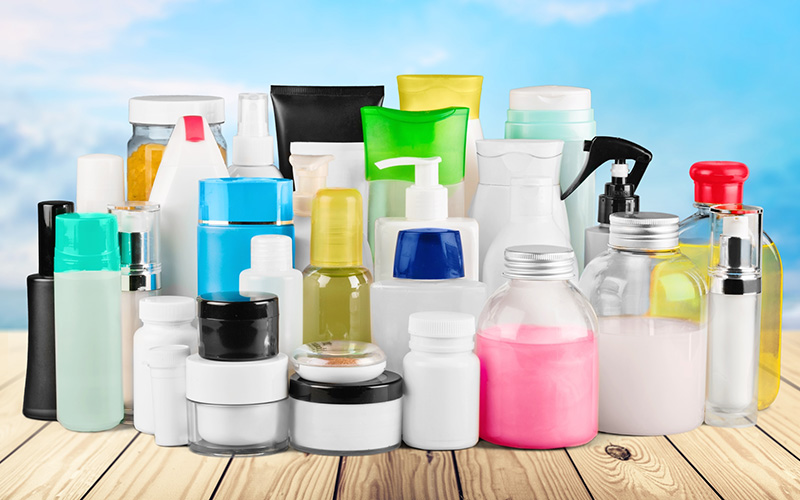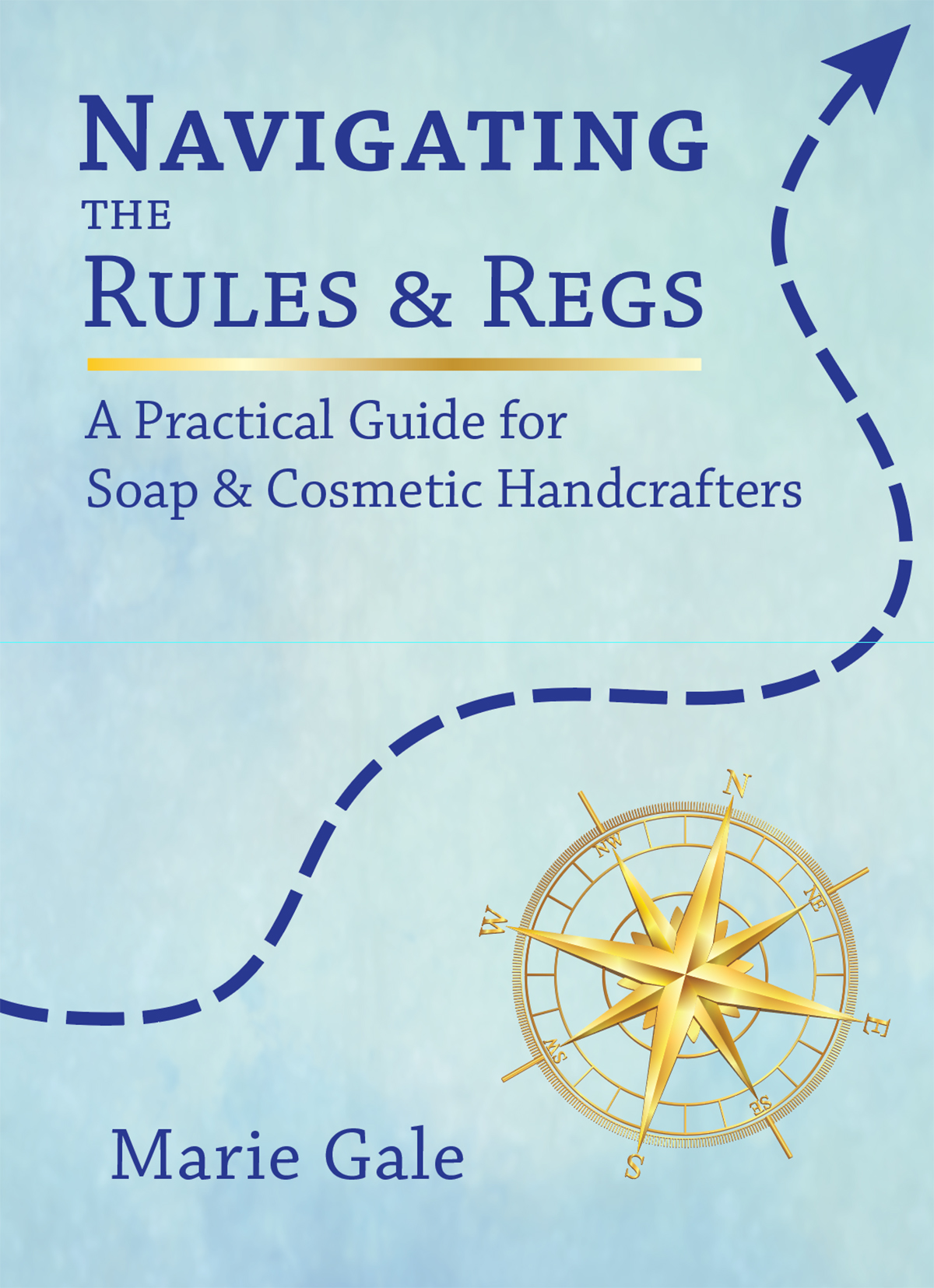“Extended Producer Responsibility” (known as “EPR”) refers to a new(ish) movement to shift responsibility for the cost of recycling to producers rather than consumers. Four states (California, Colorado, Oregon, and Maine) have already enacted EPR laws covering paper and packaging (including cosmetic packaging) and there are more on the horizon. Europe has already started establishing a producer-pays system.
How Does It Work?
These state EPR laws apply to the producer of the paper, packaging, and packaging-like items supplied into the state. The producers will be required to pay for the cost of post-use collection and processing of the packaging they have put onto the market.
The systems vary slightly from state to state (and country to country) but typically they require the producer to join and pay into a Producer Responsibility Organization (“PRO”). The PRO is responsible for collecting and managing the producer fees and for developing, implementing, and operating a program that is approved by the relevant government agency.
Who Does It Apply To?
Generally, a producer is the brand owner, retailer, or first importer of the packaged product being sold in the state (regardless of the state in which the product is MADE). If you make and sell cosmetic products in plastic single-use containers that are sold in a state with EPR laws, then that state’s EPR laws would apply to you.
Good news! There is a small business exemption!
All of the states have a small business exemption based on annual revenue, ranging from $1 million to $5 million per year. That’s for sales in that state. If you are under the revenue cap, you don’t have register, report, or pay.
When Does It Go Into Effect?
The timelines vary from state to state (for the 4 states with enacted laws), but generally producer registration is required by mid-2024. Reporting will be required by mid-to-late 2025, and fee schedules released about a year later. This is still a work in progress for all of the states with EPR laws.
More Information
For more information on the extended producer responsibility legislation state-by-state, check out the Guide to EPR Proposals maintained by the Sustainable Packaging Coalition. The guide tracks state EPR legislation introduced, amended, passed, and failed. If your state has EPR legislation, or is working on it, you can follow it there.



Leave a Reply